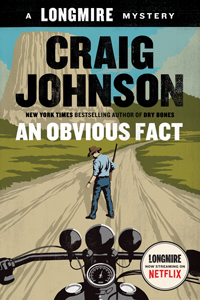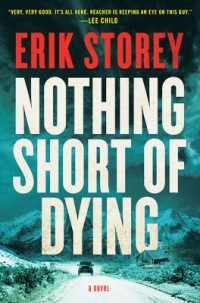Best. State. Ever. by Dave Barry
 Wednesday, October 12, 2016 at 9:55AM
Wednesday, October 12, 2016 at 9:55AM 
Published by G.P. Putnam's Sons on September 6, 2016
Dave Barry set about rehabilitating (or destroying, if that’s even possible) the image of Florida, which is perceived (in Barry's words) as “being a subtropical festival of stupid.” To make his point, Barry chronicles a number of events (some of which actually happened) in which Floridians did things that were stupid, or at least weird. Those events have made Florida “the Joke State,” the state everyone loves to mock. Barry took on this project because Florida’s critics live in states that are equally mockable, a fact he proves by defining the shortcomings of a good number of states, particularly Illinois and New York.
To extoll the good things about Florida, Barry drove around and wrote about the things he found, most of which are pretty stupid, although (as Barry sees it) in a good way. After introductory chapters that I thought were hilarious, the bulk of the book rates only as amusing on the Dave Barry laugh-o-meter.
Highlights of the book include: a politically correct tribute to Miami’s smoking hot women (not that, as an evolved male who does not objectify women, he would ever notice them); a critique of senior line dancers at The Villages, a retirement community that celebrates its lack of diversity; an incursion into LIV, an outrageously expensive Miami nightclub; and bar-hopping in Key West, a city that is renowned for its Jimmy Buffet clones and naked people who should leave their clothes on.
Extended discussions of sketchy tourist attractions (skunk apes, the Weeki Wachi underwater theater, concrete dinosaurs, Spongeorama, Gatorland, and the spiritualist community of Cassadaga) are less funny, if only because so much time is devoted to narrating things that Barry saw, rather than mocking them. Or perhaps he’s just too nice, and too genuinely appreciative of kitsch, to give ripoff roadside attractions the skewering they have earned. Still, he does mock the Cassadaga spiritualists, making that one of the better parts of the book. I also enjoyed his celebration of manliness during a visit to Lock & Load, where visitors get to shoot machineguns, an activity that has sensibly been declared illegal in nearly every other non-military context.
This isn’t as funny as vintage Dave Barry, but it’s still funny. It’s even funnier if you’ve traveled in Florida and can attest to the wisdom of Barry’s observations.
RECOMMENDED



